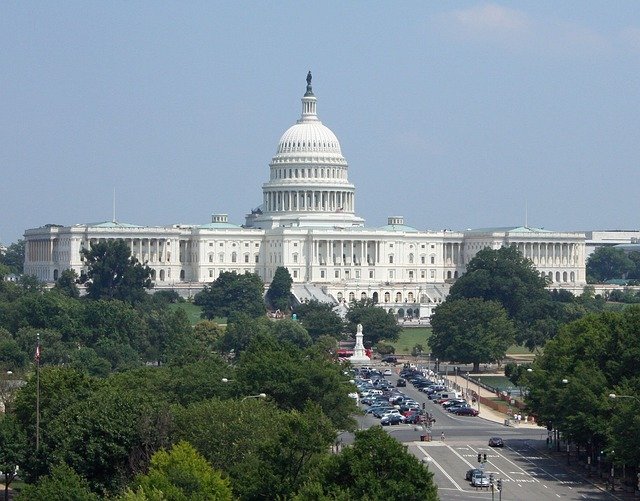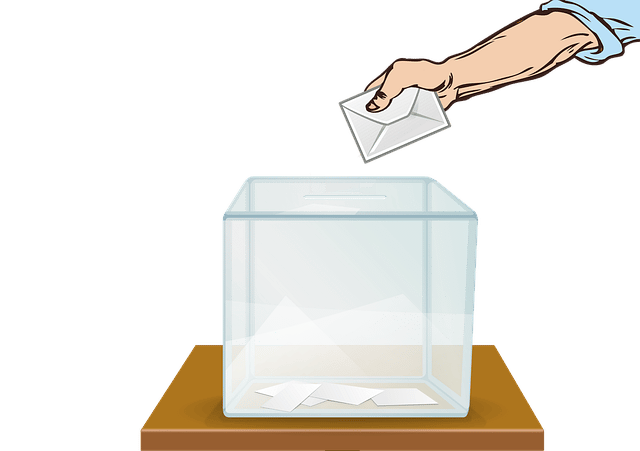
In a republican government there is a division of powers.
In order to discover the meaning of the term republican government , it is necessary, first of all, to discover the etymological origin of the two words that give it shape:
-Government derives from Latin, specifically it comes from the verb "gubernare", which originally meant "to pilot a ship" and which, in turn, emanates from the Greek "kybernain", which is synonymous with "direct" or "guide".
-Republican also comes from Latin. Exactly it is the result of the sum of several lexical components of said language: the noun "res", which means "thing"; the word "publica", which can be translated as "of the people"; and the suffix “-ano”, which is used to indicate “belonging”.
The body in charge of the administration of a State, led by the president together with the ministers, secretaries, etc., is called the government. The government is associated with the executive branch. Republican , for its part, is that linked to the republic : the state organization whose main authorities are elected by the inhabitants or by a legislative chamber.
What is a republican government
A republican government , therefore, is a way of organizing and administering the State based on the principles of the republic . Equality before the law, the impartial application of justice and the pursuit of the common good are some of these precepts.
In a republican government, power falls to the citizens , who exercise it through their representatives (the rulers they elect). This means that people delegate the exercise of power, without the rulers being the "owners" of the State. State issues, in this way, constitute a public matter and not a private matter of the authorities.

Those who administer the State in a republican government are representatives of the citizens, who elect them through voting.
Constitution and division of powers
Those who are part of a republican government must act in accordance with the provisions of the Constitution , being accountable for their actions. These rulers occupy positions in the State by popular will (direct or indirect), but these positions are not their own.
The normal functioning of a State organized as a republican government requires that there be a division of powers : the coexistence of an executive power, a legislative power and a judicial power that exercise reciprocal controls is therefore necessary. Furthermore, it is essential that the various social classes are represented in government bodies and that all citizens can have active political participation .
Monarchy vs. republican government
It is important to establish that currently there are several countries that choose to have a republican government. This would be the case, for example, of Argentina, France, Russia, Paraguay, Mexico, the United States or Canada.
However, compared to these are other countries that opt for a monarchy or, in the case of Spain, a constitutional monarchy. This means that the country has the figure of a king (Philip VI) who acts as Head of State and who, therefore, "reigns, but does not govern." Hence there is a government, elected by the people, which, based on the 1978 Constitution, is responsible for "leading the country."
Of course, in the past Spain also had republican governments between the end of the 19th century and the first decades of the 20th century.
